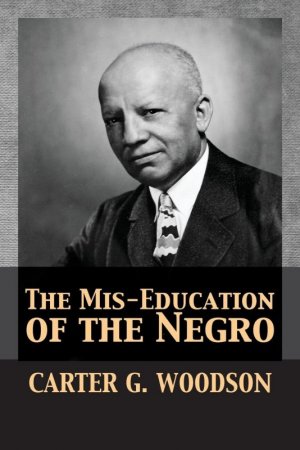Alligatorob
SF VIP
This is an interesting thread.
All history is necessarily a summary including some things but not others. So there is always some bias in making the choices, as well as how things are presented. And the old adage that History is written by the victors is usually true.
So about all we can do is learn the key events of history, and read or watch what we can from the various points of view.
Being from the US South I had the history of the Civil War, or the "War of Northern Aggression" as some call it, beaten into me and from a pretty pro-confederate point of view. So I guess not all is written by the victors. I recall many an hour sitting with my great aunts listening to tales of bravery and valor by my Confederate Army ancestors. Once while listening to the 100th recounting of what some captain or colonel did my mother's brother leaned over and whispered to me that apparently there were no enlisted men in the Confederate forces...
All history is necessarily a summary including some things but not others. So there is always some bias in making the choices, as well as how things are presented. And the old adage that History is written by the victors is usually true.
So about all we can do is learn the key events of history, and read or watch what we can from the various points of view.
Being from the US South I had the history of the Civil War, or the "War of Northern Aggression" as some call it, beaten into me and from a pretty pro-confederate point of view. So I guess not all is written by the victors. I recall many an hour sitting with my great aunts listening to tales of bravery and valor by my Confederate Army ancestors. Once while listening to the 100th recounting of what some captain or colonel did my mother's brother leaned over and whispered to me that apparently there were no enlisted men in the Confederate forces...
Last edited:


